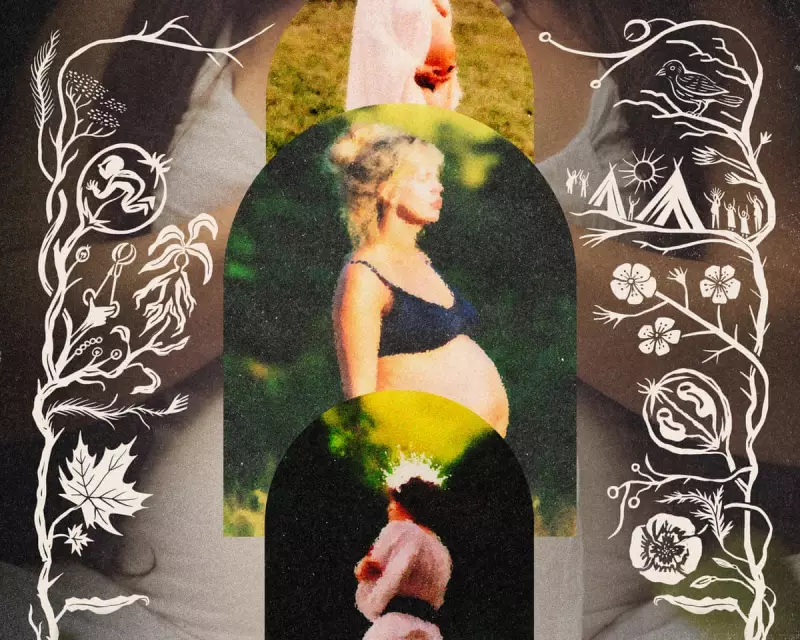
A major investigation into the Free Birth Society has uncovered concerning practices and risks associated with the promotion of unassisted childbirth across the United Kingdom. The findings reveal a growing movement encouraging pregnant women to give birth without medical assistance, raising significant safety concerns among healthcare professionals.
The Rising Trend of Unassisted Childbirth
The Free Birth Society, operating primarily through social media platforms, has been actively promoting the concept of freebirth - deliberately choosing to give birth without any medical professionals present. This movement has gained traction among expectant mothers seeking more natural birth experiences, but experts warn it carries substantial risks.
According to the investigation, the society's online presence includes private groups where members share experiences and advice about unassisted childbirth. These platforms often present a curated version of freebirthing that downplays potential complications and emergencies that can arise during delivery.
Key Findings from the Investigation
First, the investigation found that the Free Birth Society encourages women to freebirth even when they have medical conditions that would normally require hospital supervision. This includes situations where both mother and baby could face life-threatening complications without immediate medical intervention.
Second, the group's messaging often portrays the NHS maternity system as overly medicalised and interventionist. They suggest that hospitals frequently perform unnecessary procedures, creating fear among expectant mothers about standard medical care during childbirth.
Third, the investigation uncovered that the society provides guidance on how to conceal plans for unassisted births from healthcare providers. This includes advice on what to say during prenatal appointments to avoid raising concerns among midwives and doctors.
Fourth, there's evidence that the group discourages members from seeking medical help even when concerning symptoms develop during pregnancy or labour. Instead, they often promote alternative remedies and suggest that women should trust their bodies completely.
Fifth, the investigation revealed several cases where babies born through freebirthing required emergency hospital treatment shortly after birth. In some instances, these emergencies could have been prevented with proper medical supervision during delivery.
Medical Community Response and Safety Concerns
The Royal College of Midwives and other healthcare organisations have expressed serious concerns about the free birth movement. Medical professionals emphasise that while women should have choices in their birth experiences, safety must remain the priority.
NHS maternity services are designed to handle the unexpected complications that can arise during any birth. Even in low-risk pregnancies, situations can develop rapidly that require immediate medical expertise to prevent harm to either mother or baby.
Healthcare providers acknowledge that some women may feel dissatisfied with certain aspects of conventional maternity care. However, they encourage open communication with midwives about birth preferences rather than completely avoiding professional support.
The investigation highlights the importance of balanced information when making decisions about childbirth. While every woman has the right to choose her birth experience, that choice should be based on comprehensive understanding of both the benefits and risks of different approaches.






